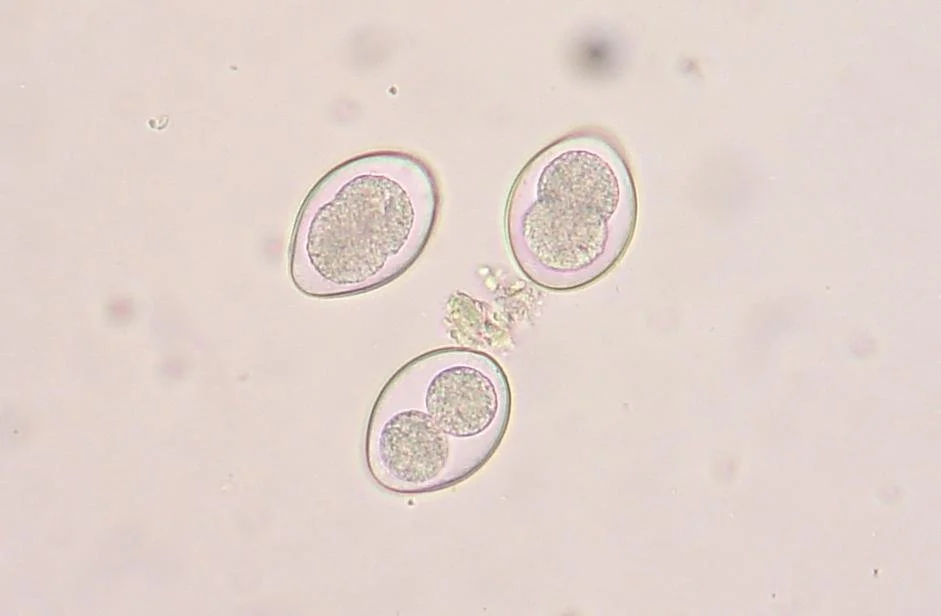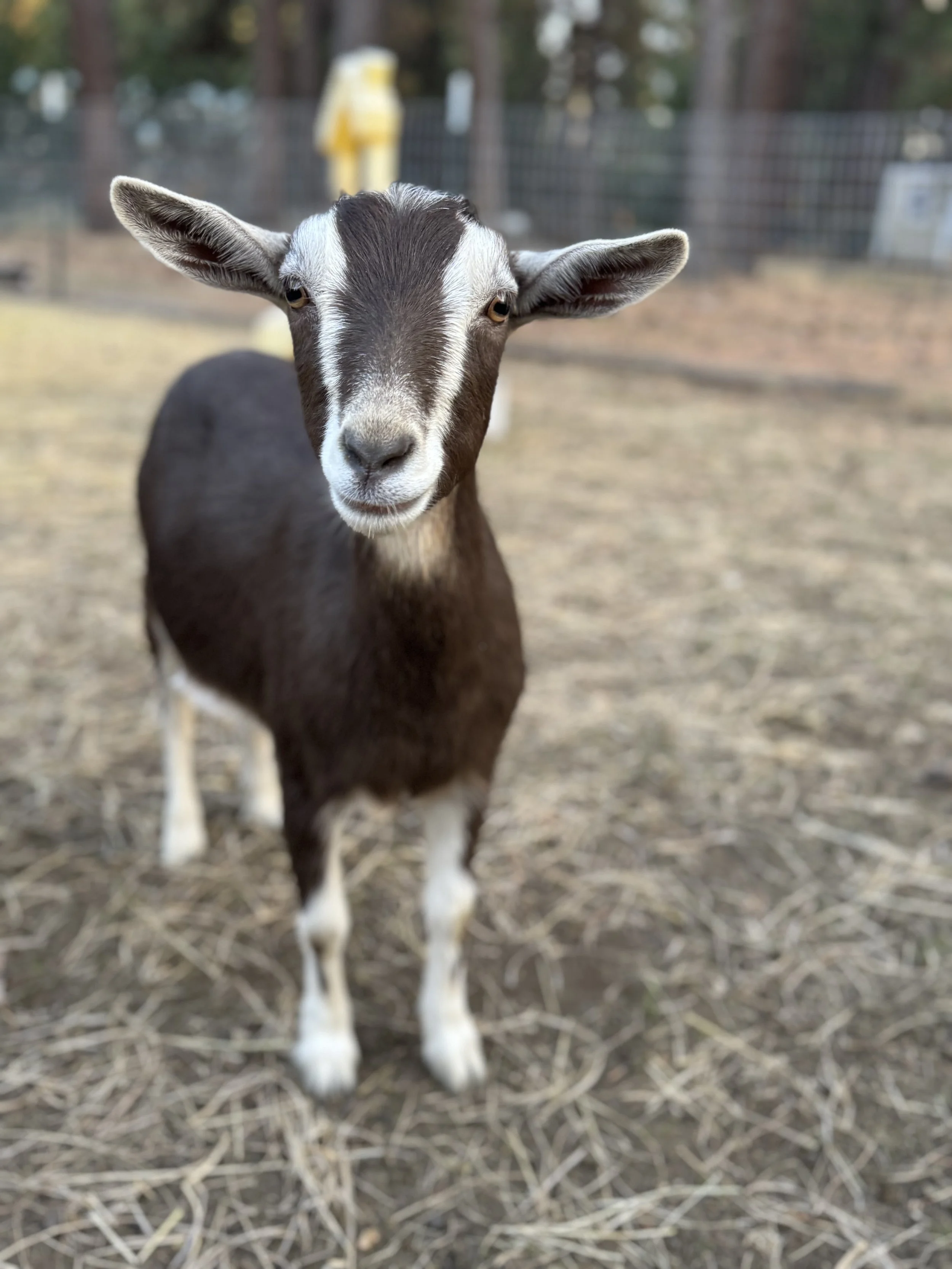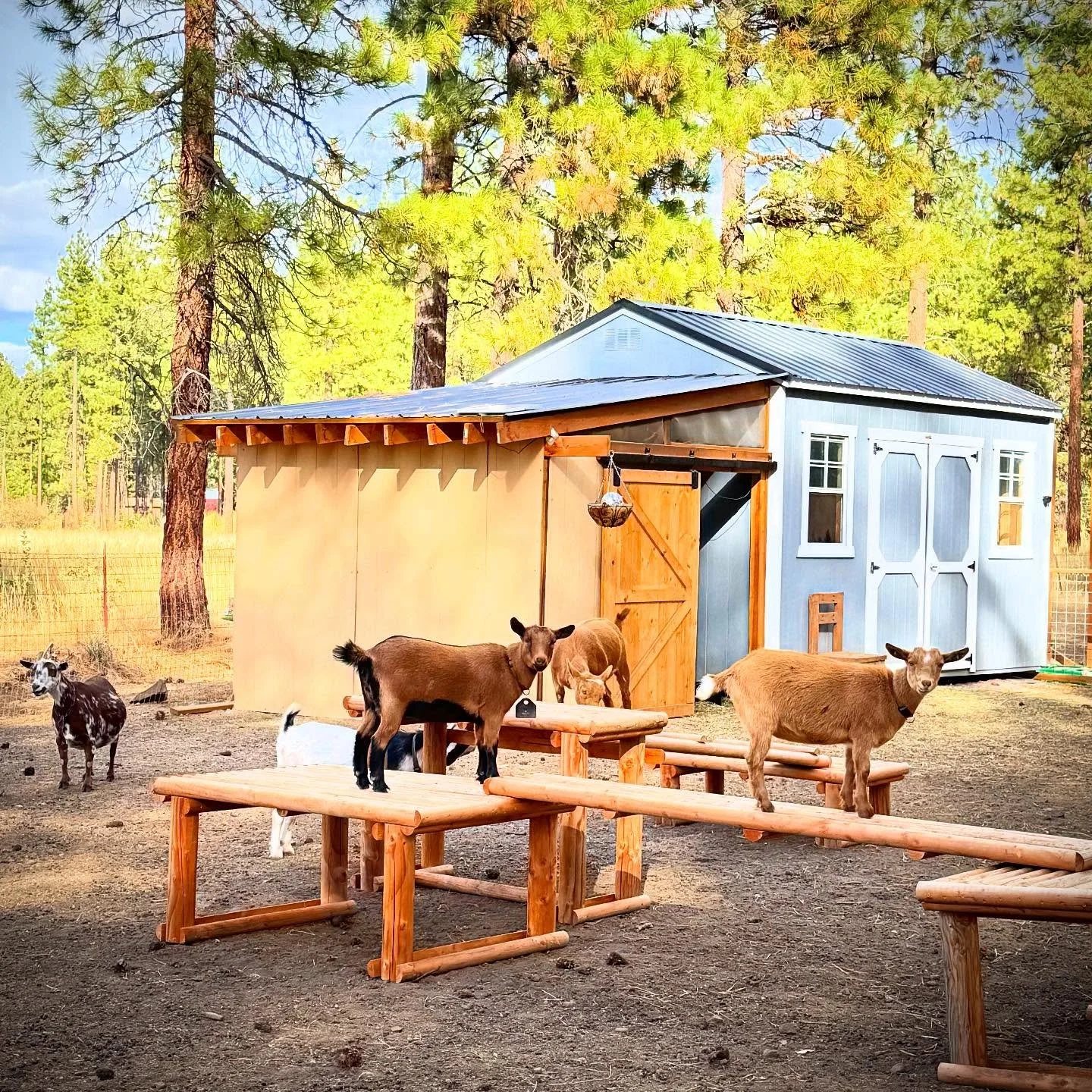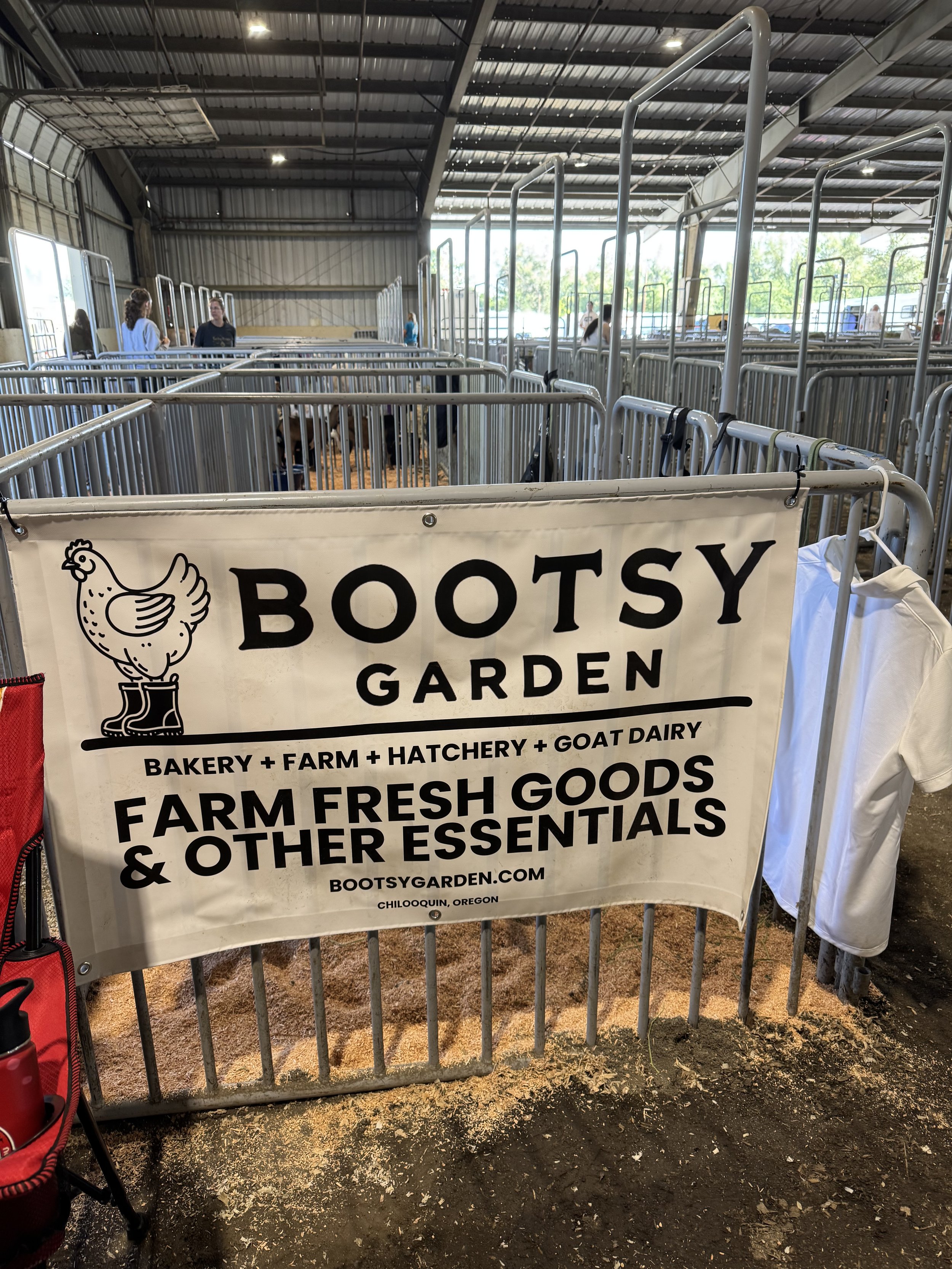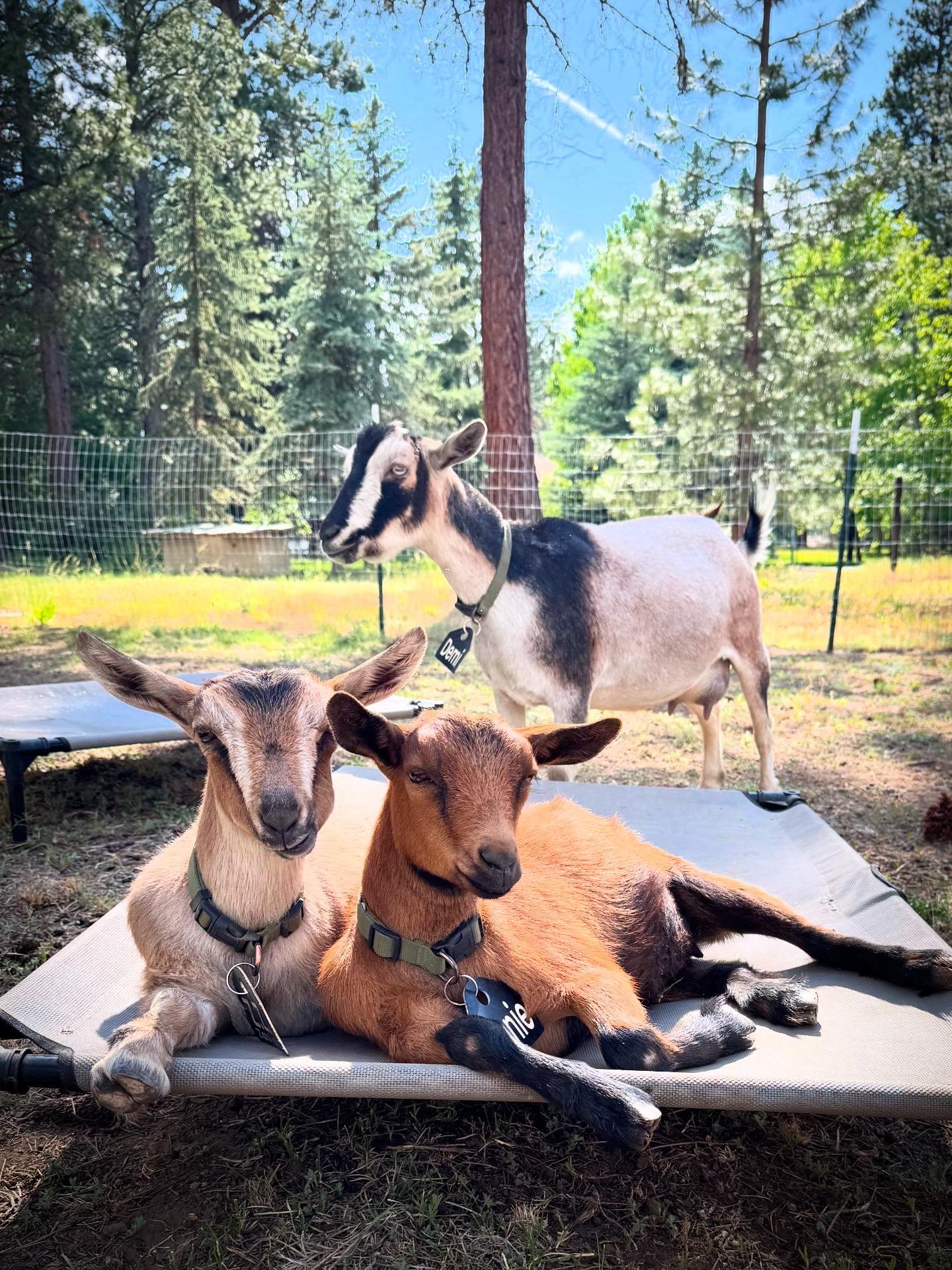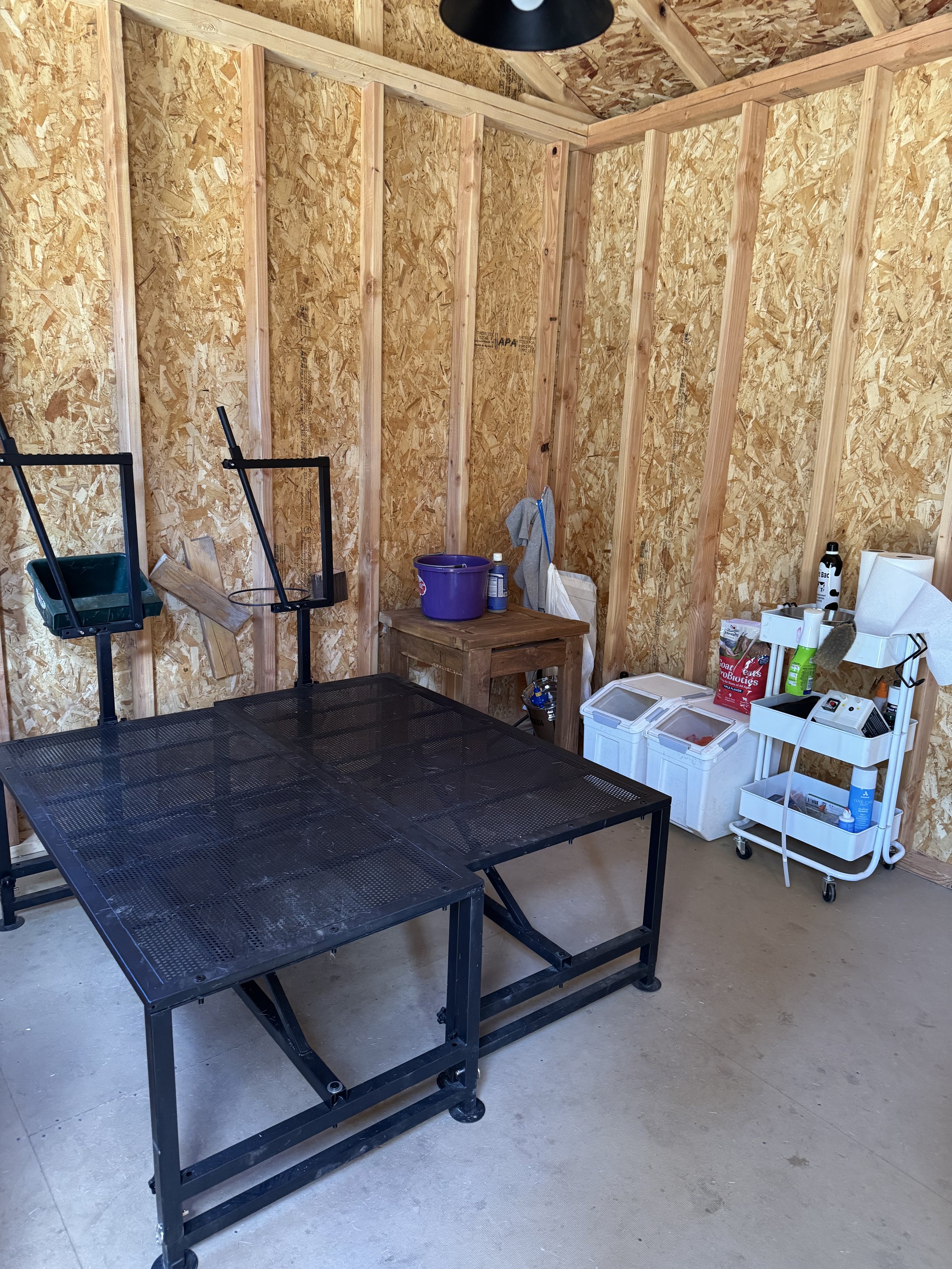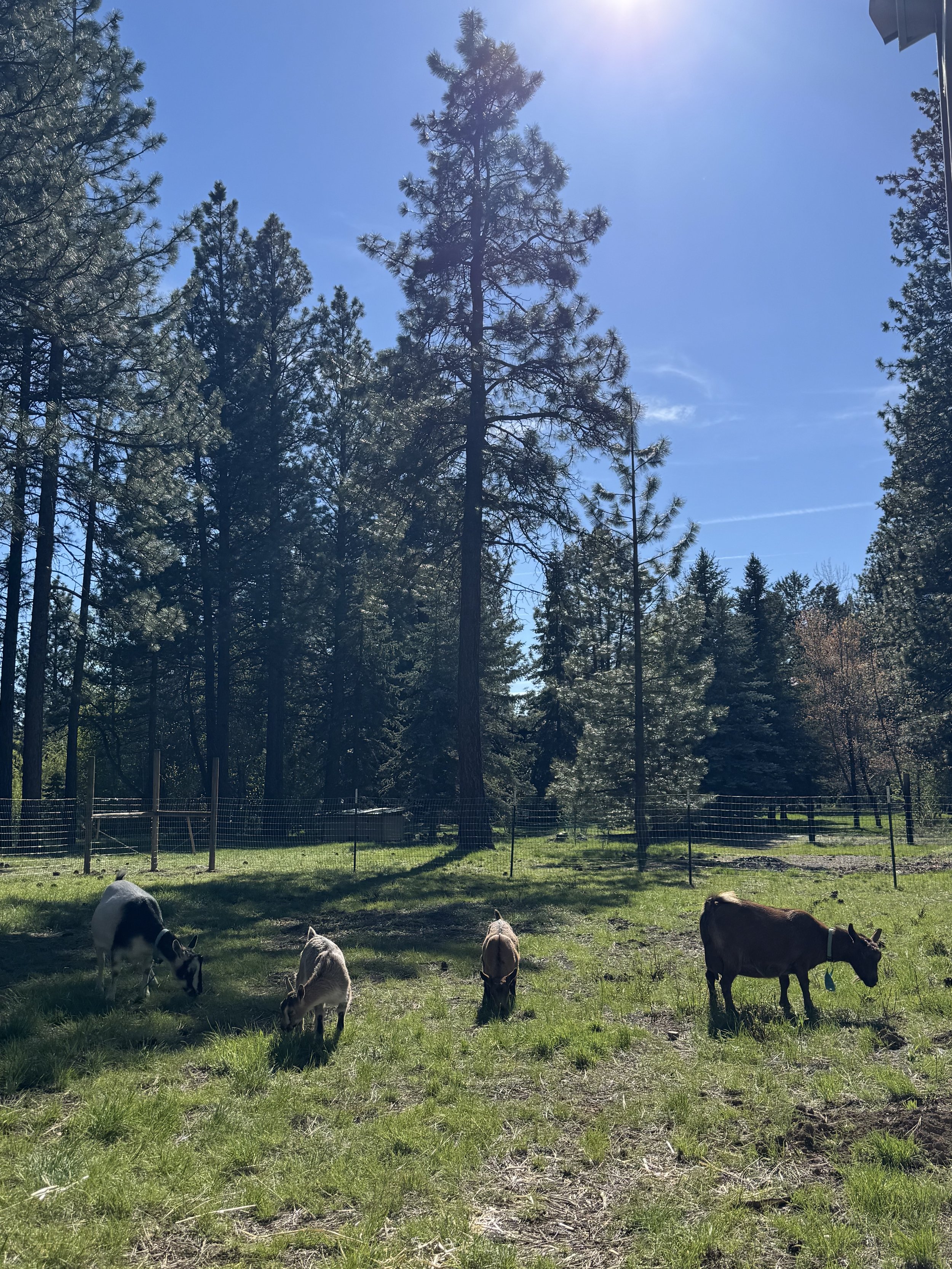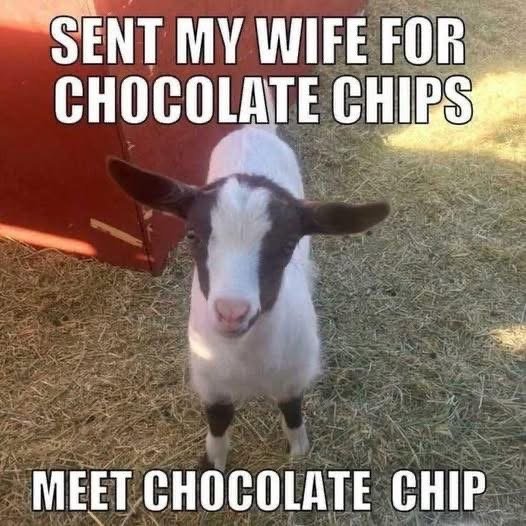Preventing Coccidiosis in Baby Goats: What Every Goat Owner Needs to Know
Coccidiosis is one of those things that can sneak up on you fast. One day your baby goats are bouncing around, and the next they’re scouring and hunched in the corner. Preventing coccidiosis in goats, especially young kids, should be a top priority in your herd health plan. Once symptoms show, the damage is already being done.
Here’s how Bootsy Garden handles coccidiosis prevention and why we strongly recommend Baycox for both prevention and treatment.
What Is Coccidiosis?
Coccidiosis is caused by a parasite that attacks the lining of the intestine. Most goats carry low levels of coccidia without issue, but when baby goats are stressed or exposed to high parasite loads, things can spiral quickly. It spreads through feces and thrives in moist, dirty environments, especially where kids are housed close together.
Signs of Coccidiosis in Baby Goats
Diarrhea
Lethargy or weakness
Weight loss or failure to thrive
Poor appetite
Dull or rough coat
Coccidiosis moves fast. Kids can look fine in the morning and be in real trouble by evening. This is why proactive prevention matters so much.
Clean Pens Help Prevent Coccidiosis
Keeping a clean environment is one of the most important steps in preventing coccidiosis in goats. At Bootsy Garden, we focus on:
Dry, deep bedding that’s changed often
Frequent manure removal
Clean water and raised feeders
Good airflow to reduce moisture
Rotating pens or housing when possible
These basic steps help keep parasite levels low and support healthier, more resilient kids.
Our Go-To: Baycox for Goats
When it comes to coccidiosis treatment and prevention, Baycox (toltrazuril) is our number one choice. It’s a single-dose coccidiostat that disrupts the parasite's life cycle before it can do real damage. While Baycox is not labeled for goats in the United States, it is commonly used off-label with veterinary support, especially in herds that prioritize health and performance.
We give Baycox to kids at 3 to 4 weeks old as a preventative dose, and we administer it again 10 to 14 days later if needed. If any kid shows symptoms of coccidiosis, we treat immediately with Baycox. It’s fast, effective, and doesn’t come with the side effects some other medications carry.
Albon for Goats
Albon (sulfadimethoxine) is another option that can be used for both prevention and treatment of coccidiosis in baby goats. It is generally safe and works by reducing the number of coccidia in the gut. The downside is that it requires multiple days of dosing, which can be a challenge during busy kidding season. Still, it’s a good option for those looking for an alternative to Baycox.
Why We Don’t Recommend Corid for Goats
Corid (amprolium) is often suggested online because it is inexpensive and widely available, but we do not recommend it. Corid works by blocking thiamine (vitamin B1), which is essential for both the parasite and the goat. This can lead to thiamine deficiency and cause a serious neurological condition called goat polio. If Corid is used without supplementing with thiamine or fortified B complex, it can quickly create bigger problems than it solves.
While Corid may be common, we believe the risks outweigh the benefits, especially when safer, more effective alternatives are available.
How We Prevent Coccidiosis at Bootsy Garden
Maintain clean, dry housing with good ventilation
Limit stress on baby goats through good nutrition and management
Use Baycox at 3 to 4 weeks of age and again if symptoms appear
Avoid Corid due to the risk of thiamine deficiency
Consider Albon for herds that need a multi-day treatment option
By focusing on prevention and early intervention, you can protect your kids from coccidiosis and set them up for a healthy start. Whether you’re raising show goats or backyard companions, avoiding this common parasite will make a huge difference in growth and overall herd health.
If you have questions about Baycox for goats or how to manage coccidiosis on your farm, reach out. We’re happy to share what has worked for us at Bootsy Garden.

